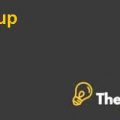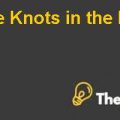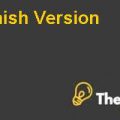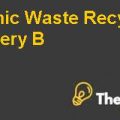
The case is accompanied by videos and traces that how an impact assessment for an after-school program in New York City went wrong. The Center for Economic Opportunity (CEO) was founded in 2006 by Michael Bloomberg, New York City’s Mayor. CEO incorporated an evidence-based technique while testing anti-poverty programs, as it was composed as an innovation fund. To provide the service-learning opportunities to current youth who have been facing various risks, CEO started an after-school program, Teen Action. The model for this program was developed in view of a thoroughly assessed program which had marked a significant reduction in teen pregnancy.
But CEO found various obstacles during the evaluation of Teen ACTION’s impacts. Kristin Morse and Carson Hicks, CEO officials, examine the reasons of flaws in Teen ACTION’s evaluation approach, along with various unexpected incidents for instance Swine Flu, which made the outcomes of evaluation unusable. The case is comprised of two videos of around 9 minutes and a quick backgrounder on the program. The videos are provided for the particular discussion in the class. CEO’s Deputy Executive Director, Kristin Morse, and Director of Programs and Evaluation at CEO, Carson Hicks, in the first video present the evaluation framework and the challenges that the team may confront in implementing the framework. While the second video presents the approaches pursued by the CEO team as they found that the outcomes of the initial evaluation did not yield the desired results. HKS Case Number 2027.0.













